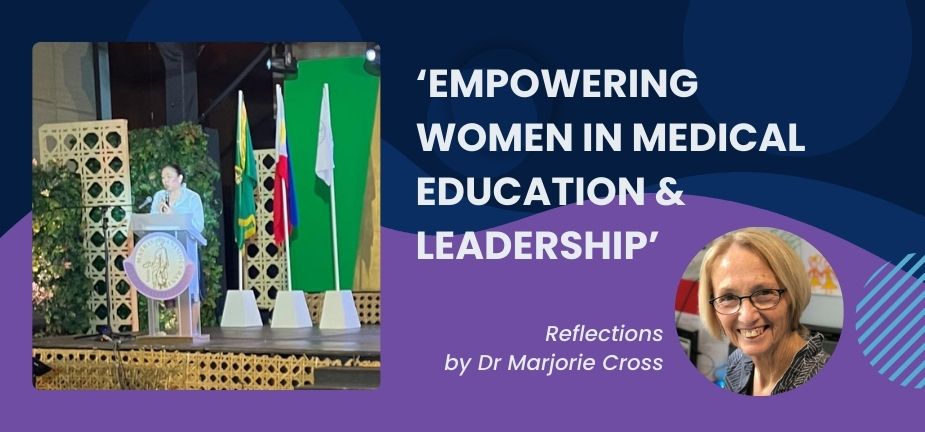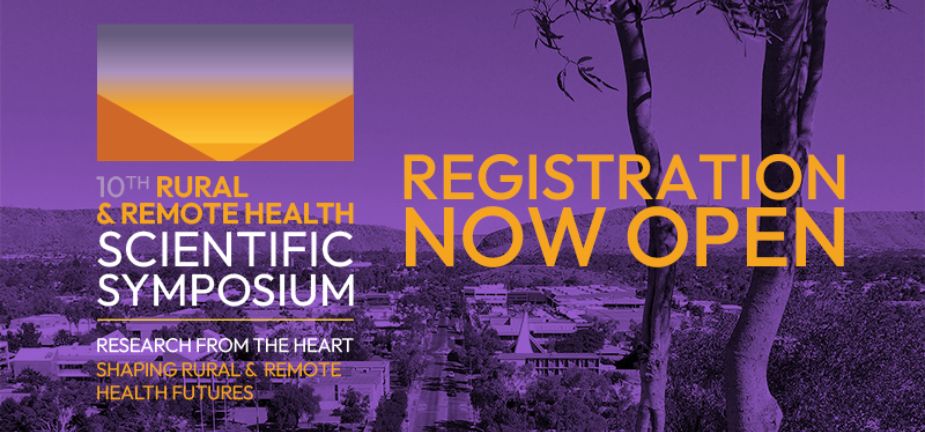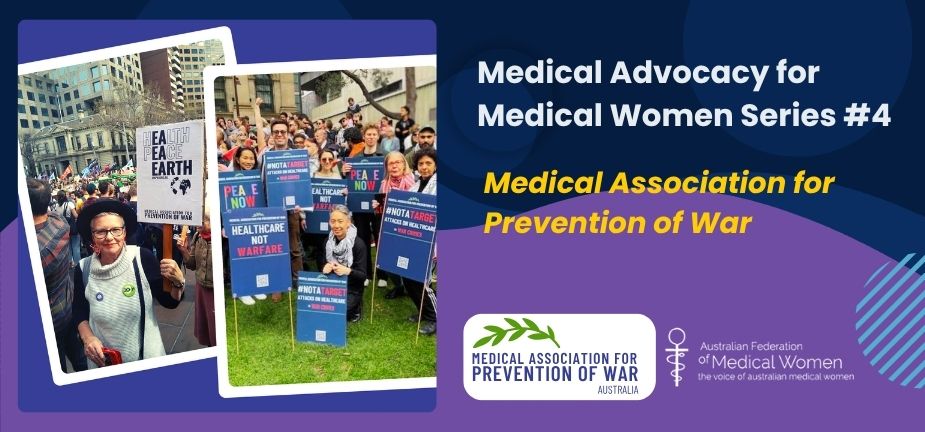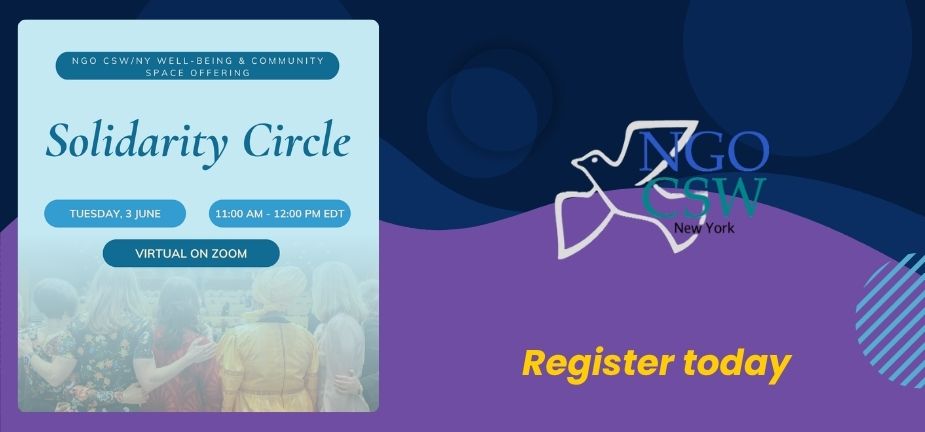As I have been reflecting on the scientific program at the Philippines Medical Women’s Conference – the triennial conference for Western Pacific Region of MWIA – thoughts on leadership in the community, on service, on our privilege and on our responsibility as advocates are foremost in my mind.
The scientific committee constructed a program featuring many leaders in their fields within the Philippines who are also acclaimed internationally for their leadership and advocacy. At the same time, we had the opportunity to compare and contrast widely different health systems.
Keynote address …call on medical professionals to give back to society…
Justice Geraldine Faith Econg, the lead convenor of the Community Access to Legal and Medical Assistance (CALMA) missions, used her keynote to call on medical professionals to give back to society by joining medical and legal missions to help the underprivileged throughout Cebu province and the Philippines missions She is among the medico-legal personalities and organizations recognized throughout the Philippines for their immense contributions to Cebu through their various medical and legal missions all over the Province. These missions are one of the ways that medical professionals can extend their expertise to those living in poverty in this emerging economy.
Reminiscences of health care in the Philippines, Dr Manuel M Dayrit
We learnt more about the Philippines health in a very deeply researched presentation from Dr Manuel M Dayrit where he frankly compared the health systems of the countries represented at this conference – The Philippines, Australia, Korea, Taiwan and Japan.
Dr Dayrit was Philippines Secretary of Health during the Arroyo presidency, he reminisced that those four years and three months were the most intense years of his life. Leadership at a national level, constant public scrutiny, media relations, bureaucratic challenges, interactions with politicians, and calls to account for targets and budgets came with the duty to serve.
After serving as Health Secretary, he worked for the World Health Organization in Geneva as director for Human Resources for Health. He then served as dean of the Ateneo School of Medicine and Public Health. He relishes being a mentor to young medical students and fresh graduates, as this activates his “beginner’s mind”.
Dr Dayrit also shared his experience as a countryside doctor, public health practitioner and educator. He has worked as a public health physician through many epidemics in the Philippines and notably was a leader in his field there during SARs and Covid.
He pointed out that The Philippines has legislated for universal health care in 2019, but its implementation remains a long way off.
I was so intrigued by his presentation that I later found an essay he wrote titled “Stories of a physician who came of age during martial law”. It is in a collection simply called “SERVE” a book of essays written by campus editors during the period from the First Quarter Storm until the imposition of martial rule from 1969 to 1972.
I can recommend reading Dr Dayrit’s vivid recollection interspersed with reflective insights He described the long bus rides on wide open, well-paved highways, as well as the perilous forays into mountainous trails undertaken by volunteers who administered anti-polio vaccines to children while being shadowed by army soldiers, in areas patrolled by the New People’s Army (NPA).
Dr Dayrit was devoted to the cause of establishing well-functioning community-based health programs by immersing in the day-to-day lives of the people “so we could see the world through their eyes and accompany them in their struggles”. He realized that this was the essence of Serve the People, “the slogan we learned during our days as student activists; it called for altruism, boldness and even self-sacrifice.”
The First 1000 Days, Dr Maria Asuncion Silvestre
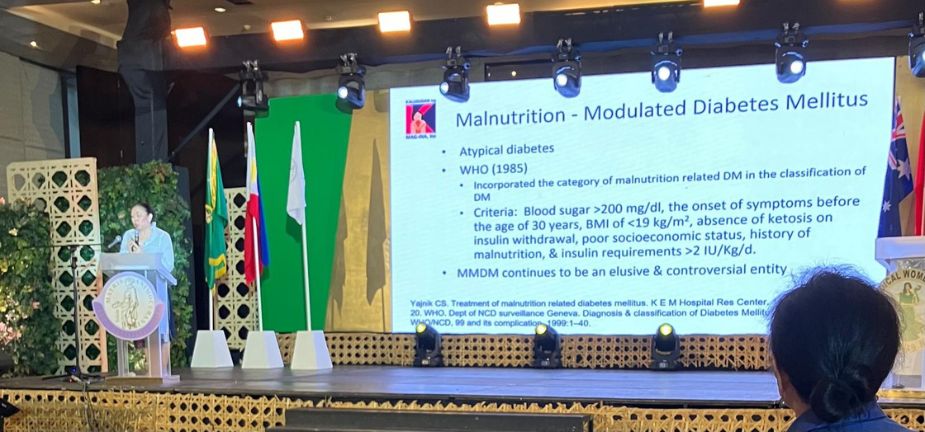 Further into the scientific program, Dr Maria Asuncion Silvestre from the Philippines presented on the First 1000 Days underlining that the prevention of all noncommunicable diseases starts with caring for the mother-child dyad in the first 1000 days
Further into the scientific program, Dr Maria Asuncion Silvestre from the Philippines presented on the First 1000 Days underlining that the prevention of all noncommunicable diseases starts with caring for the mother-child dyad in the first 1000 days
She is a Filipina doctor who is also a researcher, advocate for exclusive breastfeeding and founder of a non-governmental organisation. She was awarded the 2023 UAE Health Foundation Prize at the 76th World Health Assembly in Geneva, Switzerland.
Dr Silvestre has been internationally recognised for her advocacy work in promoting exclusive breastfeeding and improving the health of mothers and newborns.
In collaboration with the Philippine government and 17 other countries of WHO (World Health Organisation) Western Pacific Region, Dr Silvestre scaled up the “First Embrace campaign for Early Essential Newborn Care” (EENC), a set of simple WHO-recommended and cost-effective actions for health workers attending a mother and her baby during delivery, immediately after birth and during the first week of the child’s life. EENC is now well known to all of us.
I found many books written by Dr Maria Asuncion Silvestre and one within my field as a medical educator “Painless Evidence Based Medicine”.
I will share my reflections on other aspects of the convention in the near future.
Former AFMW Council member
Former AFMW representative for ACT and Region MWS

